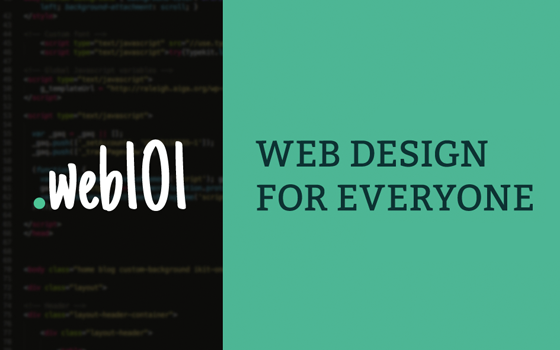I’ve been pretty clear about my ambivalence toward Twitter (and other social media, though my opinion has shifted back and forth in the past couple of years- see an old post for example), but evidently not so ambivalent as New York Times columnist Virginia Heffernan, who, in her latest piece titled Let Them Eat Tweets – Why Twitter is a Trap, writes:
“Connectivity is poverty” was how a friend of mine summarized [Bruce] Sterling’s bold theme. Only the poor — defined broadly as those without better options — are obsessed with their connections. Anyone with a strong soul or a fat wallet turns his ringer off for good and cultivates private gardens that keep the hectic Web far away. The man of leisure, Sterling suggested, savors solitude, or intimacy with friends, presumably surrounded by books and film and paintings and wine and vinyl — original things that stay where they are and cannot be copied and corrupted and shot around the globe with a few clicks of a keyboard.
Nice, right? The implications of Sterling’s idea are painful for Twitter types. The connections that feel like wealth to many of us — call us the impoverished, we who treasure our smartphones and tally our Facebook friends — are in fact meager, more meager even than inflated dollars. What’s worse, these connections are liabilities that we pretend are assets. We live on the Web in these hideous conditions of overcrowding only because — it suddenly seems so obvious — we can’t afford privacy. And then, lest we confront our horror, we call this cramped ghetto our happy home!
I’ve got to say: This is pretty rough. I read Sterling’s blog and love many of his ideas, but I don’t find this particular one very productive. Of course, I realize that he is being quite sarcastic here, but even so, the last thing we need is another way to emphasize class distinctions. And anyway, I’m not so sure that his point is even correct, unless the rich and famous (like Oprah) join the likes of Twitter only to continue to receive the adulation of the masses that they so badly need and/or to “strengthen brand recognition” (that statement, by the way, in reference to a person? Vom.).
I would prefer to see the current state of the web as “in progress,” (still!) and things like Twitter being sincere attempts to organize and spread information. Sure, they can be overwhelming, derivative and flat-out annoying, but my hope is that things will eventually settle in some regards, such that we won’t necessarily feel like we are fighting against a tide of activity that demands more from us that we are able, or willing, to give. This will require patience, of course, which seems to be waning for many. Later in her column, Heffernan concludes,
“Maybe the truth is that I wish I could get out of this place and live as I imagine some nondigital or predigital writers do: among family and friends, in big, beautiful houses, with precious, irreplaceable objects.”
For me, forget the “big, beautiful houses with precious, irreplaceable objects.” They demand just as much from us as incorporeal things, like, say, Twitter.
//


